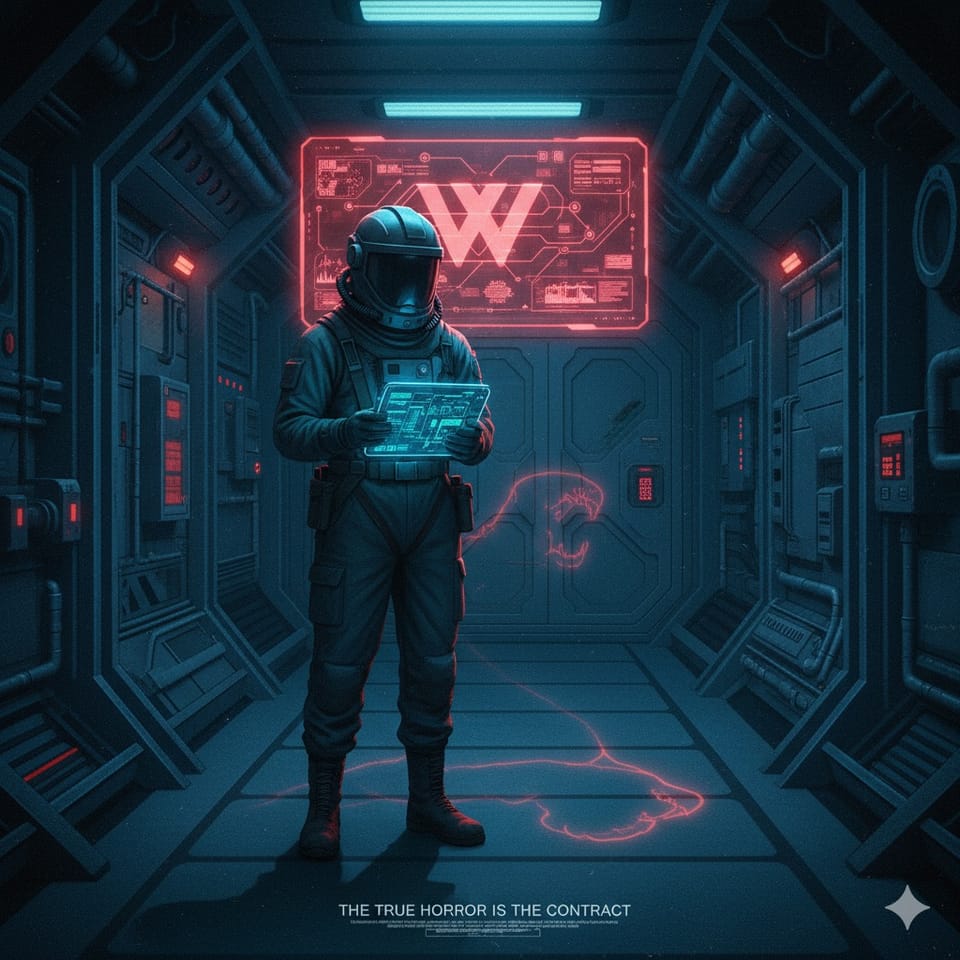Cory Doctorow Changed How I See Science Fiction

Science fiction’s superpower isn’t thinking up new technologies – it’s thinking up new social arrangements for technology. What the gadget does is nowhere near as important as who the gadget does it for and who it does it to. Your car can use a cutting-edge computer vision system to alert you when you’re drifting out of your lane – or it can use that same system to narc you out to your insurer so they can raise your premiums by $10 that month to punish you for inattentive driving. Same gadget, different social arrangement.
— Cory Doctorow, Commentary: Cory Doctorow: Reverse Centaurs
This observation from Doctorow hit me like a light bulb moment. I'd never articulated why certain science fiction stories stick with me while others fade, but this nails it perfectly. The memorable ones aren't really about the technology—they're about the power dynamics that technology creates. Coming from an author who has built his career exploring these very questions, it carries real weight.
The concept resonated immediately because I thought of the Alien franchise I've been exploring again recently. The latest series, Alien: Earth (FX/Disney+), inspired me to dive back into the original film from 1979, and one of the newer films, Alien: Romulus. Most would say the franchise is full of science-fiction and horror moments, but the movies and TV series also layer in commentary about the relationship between employees and their employers (one of the five corporations ruling Earth), and the technology available to them.
It became noticeable when watching the original, and now the series (which takes place three years prior to the original), that the tools in the Alien universe stop feeling neutral. MU/TH/UR, the ship's computer, can be a calm guardian—or the voice that enforces "crew expendable" when corporate orders supersede human lives. Ash's "medical" expertise reads as care until you realize he's an instrument of Weyland‑Yutani; precision becomes menace when the goal shifts from healing to capture.
The hardware is ordinary—motion trackers, cryosleep pods, loaders, suits—but the arrangement is extraordinary: workers on a contract they don't control, knowledge hoarded at the top, an AI briefed to obey the company over the crew. The best policies for the crew are the ones that generate the most profit for the corporations.
Romulus and Earth explore this further. Characters chase better lives through corporate pathways and the same systems meant to elevate them become dead ends. An autodoc can be salvation or a trap depending on who has credentials. A sealed door can be safety—or a prison—depending on who holds the override. It's fascinating how quickly a scientific discovery turns into an opportunity to extract information or resources that can be used to generate profit.
I think this workplace commentary is what keeps me engaged with the franchise. Alien isn't just a monster in the dark; it's contracts, dashboards, and the quiet ways power works. The terror still exists with the xenomorph, but the triumph is social—people choosing differently.


Member discussion